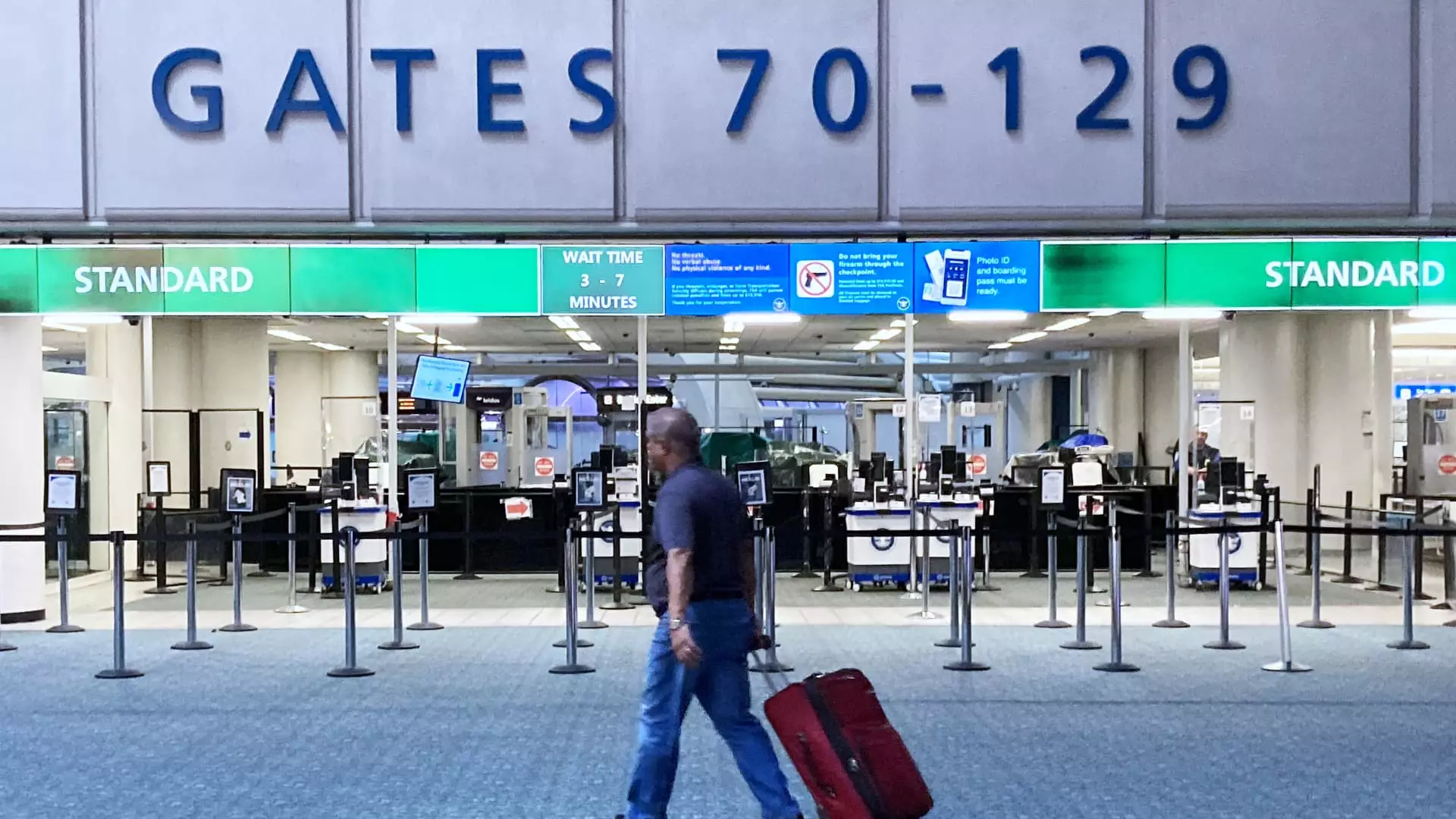As the cherished holiday travel season approaches, the risk of a government shutdown hangs over the nation, potentially disrupting plans for millions. Lawmakers recently faced a significant deadlock, culminating in the rejection of a vital short-term funding bill that had the support of President-elect Donald Trump. With the deadline looming, if an agreement isn’t reached by 12:01 a.m. ET on Saturday, a government shutdown could plunge the country into chaos, affecting various sectors, most notably the transportation system.
A government shutdown would trigger widespread furloughs, impacting hundreds of thousands of federal employees. This brings to light the precarious position of workers who rely on government funding for their jobs. While many federal functions would stall, critical personnel, such as air traffic controllers and Transportation Security Administration (TSA) agents, are classified as essential and would continue their duties without compensation. David Pekoske, the TSA administrator, has underscored this reality, stating that personnel would be on the job even without pay, ensuring that traveler security remains a top priority.
Despite the looming uncertainty, airlines are optimistic about a record-breaking year-end holiday season. The Transportation Security Administration anticipates screening over 40 million travelers across the busy holidays leading up to January 2. United Airlines has projected a substantial increase in passenger numbers, expecting to transport approximately 9.9 million people between December 19 and January 6—representing a 12% rise compared to the previous year. This surge in travel underscores a strong recovery in the airline industry but also highlights the potential challenges posed by a government shutdown.
Although TSA agents are deemed essential, the threat of an extended government shutdown casts a long shadow over the travel experience. Extended furloughs may result in staffing shortages and increased wait times at security checkpoints, leading to frustration among passengers. Furthermore, the last government shutdown, which lasted over a month from late 2018 through early 2019, left a lasting impact on air travel. During that time, callouts from air traffic controllers caused significant flight delays across the already congested airspace of the U.S. East Coast.
The aviation sector is facing its challenges beyond the immediate threat of a government shutdown. The Federal Aviation Administration (FAA) currently finds itself without a permanent leader as its chief, Mike Whitaker, plans to step down just as Trump takes office. As the industry looks toward the future, priorities such as modernizing air traffic control systems and enhancing workforce capabilities aim to make flying safer and more efficient. Delta Air Lines CEO Ed Bastian has highlighted the urgency of these initiatives, signaling that the next FAA administrator must address these pressing concerns as part of rectifying ongoing issues in the aviation landscape.
As holiday travel season unfolds under the shadow of a possible government shutdown, the priorities for lawmakers and the aviation industry will significantly impact travelers’ experiences. Without swift action to resolve political gridlock, uncertainties loom large over what is typically a joyous time for families and travelers alike.


Leave a Reply